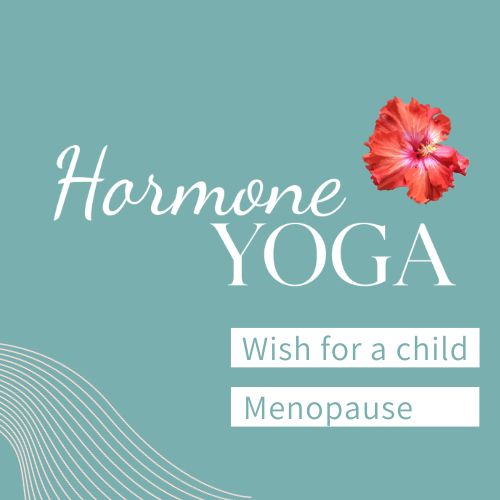Ovaries after menopause – shut down?
Are ovaries useless after the menopause? Should they be removed preventively to avoid cysts and tumours?
Or do ovaries still give their contribution to a fulfilled woman’s life even after menopause?
These were the questions I asked myself when I was diagnosed with a tumour on my ovary and was told “this thing has to come out”. And how much more has to be removed?

The pictures are taken in Ermatingen on Untersee lake
Ultrasound
You sit, no, you lie in front of the screen and see black and white jellyfish floating through thick fog. The images seem from another age, still the same as 40 years ago when I had my first ultrasound. It is incomprehensible how someone can interpret something from ultrasound images. Except, of course, in pregnancy, when a small body grows that shows clear outlines. Once the menopause has passed, we are almost glad that the foggy patches around the ovaries remain unclear, especially since cysts have also retreated along with the hormones and there is less interesting to see.

Tumour
Stop! What is it? It is round, the black part is liquid, the gynaecologist explains, but inside the black jellyfish there is still a white smaller sphere. This means more solid mass. And this is where even the doctor reaches the limits of her power of translation, she calls it borderline-result and also tries to sound as neutral as possible in her voice. When we meet again a few days later and she has gained confidence in the strength of my psyche, she calls it borderline tumour. This means that you don’t really know if the tissue is benign or malignant, if it just wants to take up some space for itself or if it can degenerate into ovarian cancer. Anyway, the gynaecologist said: The thing has to go!
A blood test is supposed to help clarify how dangerous the “thing” is, but according to Prof. Dr Hornung from the St. Gallen Women’s Clinic, these tests are not reliable and everything remains open.

My twin brother
A third possibility is emerging. When I was 18, I already had a procedure in my abdomen. At that time I had tissue removed that was said to have contained hair and teeth, called a teratoma or dermoid cyst. My little twin brother or a second me formed from my own cells? I guess I’ll never know. I never saw it, felt no pain and didn’t think about it, not before and not after. It seemed unreal.
40 years later, the gynaecologist talks to me about the old scar and connects the new tumour with the story from back then. Prof. Dr. Hornung also says that his gut feeling tells him that it is a new or regrown teratoma. A shiver of relief, because it means that the probability of cancer is extremely low.
Ultrasound form another age, a negative but not reliable blood test, gut feeling, everything is good if it confirms me that a minimal intervention will keep everything the way it has been.

Ovaries after the menopause: Conventional medicine VS life experience
Not exactly. An ovary has to go. The second ovary would also have to be removed as a preventive measure, according to school medicine. “At your age, the ovaries are retired”, says one doctor, “ovaries no longer produce hormones at all” says the other doctor. Everyone seems to learn the same thing in medical schools: the ovaries shut down after menopause. Like an old mine.
But is this really the case? I can feel both my ovaries, there’s life in there. My hormones are also fine, everything works: no more hot flushes, no more waking up in the middle of the night, skin – bones – libido – everything is in great shape. Hormone yoga over several months has certainly helped. The question is, where are the oestrogen and testosterone produced? According to the doctors I met, after menopause the hormones are only produced in the subcutaneous fatty tissue (long live the small belly!), at most in the adrenal glands, but the amount is negligible. Oestrogen is certainly not produced in the ovaries, they are shut down, says medicine.
Where are the studies and reports on the removal of the ovaries after menopause?
The doctors’ conclusion: both ovaries can be removed without any problems, this changes nothing, but certainly nothing at all about a woman’s life after the menopause. I looked for testimonials from women who have had their ovaries removed after the menopause and couldn’t find anything. I have been looking for studies and articles about removing both ovaries. I found many that concerned women of fertile age, but nothing that explained how a woman’s life changes after the menopause, how the absence of ovaries affects her life (or not).
Is the topic of no interest to anyone? I’m sure women are interested. They are unfortunately underrepresented as authors of scientific studies. Dear reader, please write to me if you have any material on this.

What’s next?
In the meantime, I’ll stick to my own gut feeling. And that tells me to keep the second ovary as long as it can, especially in the case of a teratoma. However, if it turns out that I have a borderline tumour in my abdomen and the other side could also be affected, the surgeon has the green light to take out both ovaries.
The operation is tomorrow. I have been well informed about how it will go and I am not afraid. All that remains is the uncertainty of whether I will wake up with one ovary or none and what my life will be like afterwards.







